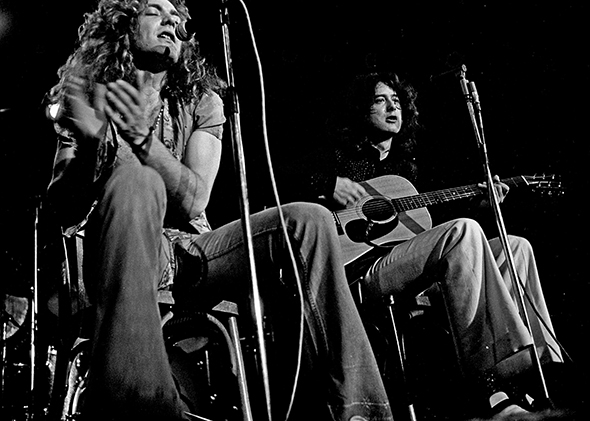
Photo- AI Generated
Punk Rock Revolution: The Birth of Punk in the 1970s
The 1970s marked the birth of a music revolution that shook the foundations of the music industry and challenged societal norms.
4 April 2024
Emerging from the underground scenes of New York City, London, and other urban centres, punk rock exploded onto the cultural landscape with its raw energy, and rebellious spirit.
Punk rock emerged as a reaction to the perceived excesses and commercialization of mainstream rock music in the 1970s. Influenced by garage rock, protopunk bands, and avant-garde art movements, punk rejected the virtuosity and grandiosity of stadium rock in favour of simplicity, authenticity, and urgency.
The Ramones, formed in New York City in 1974, are often credited with laying the groundwork for punk rock with their stripped-down sound, short songs, and brash attitude. Their eponymous debut album, released in 1976, became a touchstone for the punk movement.
In the United Kingdom, punk rock took on a more confrontational and politically charged tone. Bands like the Sex Pistols, The Clash, and the Buzzcocks embraced anarchism, anti-establishment sentiment, and working-class frustration in their music and lyrics. The Sex Pistols, in particular, became infamous for their provocative antics, including confrontational interviews, public swearing, and controversial songs like "Anarchy in the U.K." and "God Save the Queen." Their brief but incendiary career ignited a punk rock explosion in Britain.
One of the defining features of punk rock was its independence, encouraging bands to self-produce their music, book their shows, and release records independently. This democratization of the music industry allowed punk to flourish outside of mainstream channels. Independent record labels like Stiff Records, Rough Trade, and Dischord Records provided platforms for punk bands to release their music on their terms, bypassing major label constraints and commercial pressures.
Punk rock's impact extended far beyond the music itself, influencing fashion, art, and attitudes towards authority and convention. Punk inspired a generation of artists and musicians to create on their terms, leading to the proliferation of underground scenes and subcultures.
While punk's initial explosion subsided by the end of the 1970s, its legacy continued, shaping genres like hardcore punk, post-punk, and alternative rock. The spirit of punk rebellion continued to reverberate through the decades, inspiring new generations of musicians to challenge the status quo and speak truth to power.
YOU MAY ALSO LIKE






